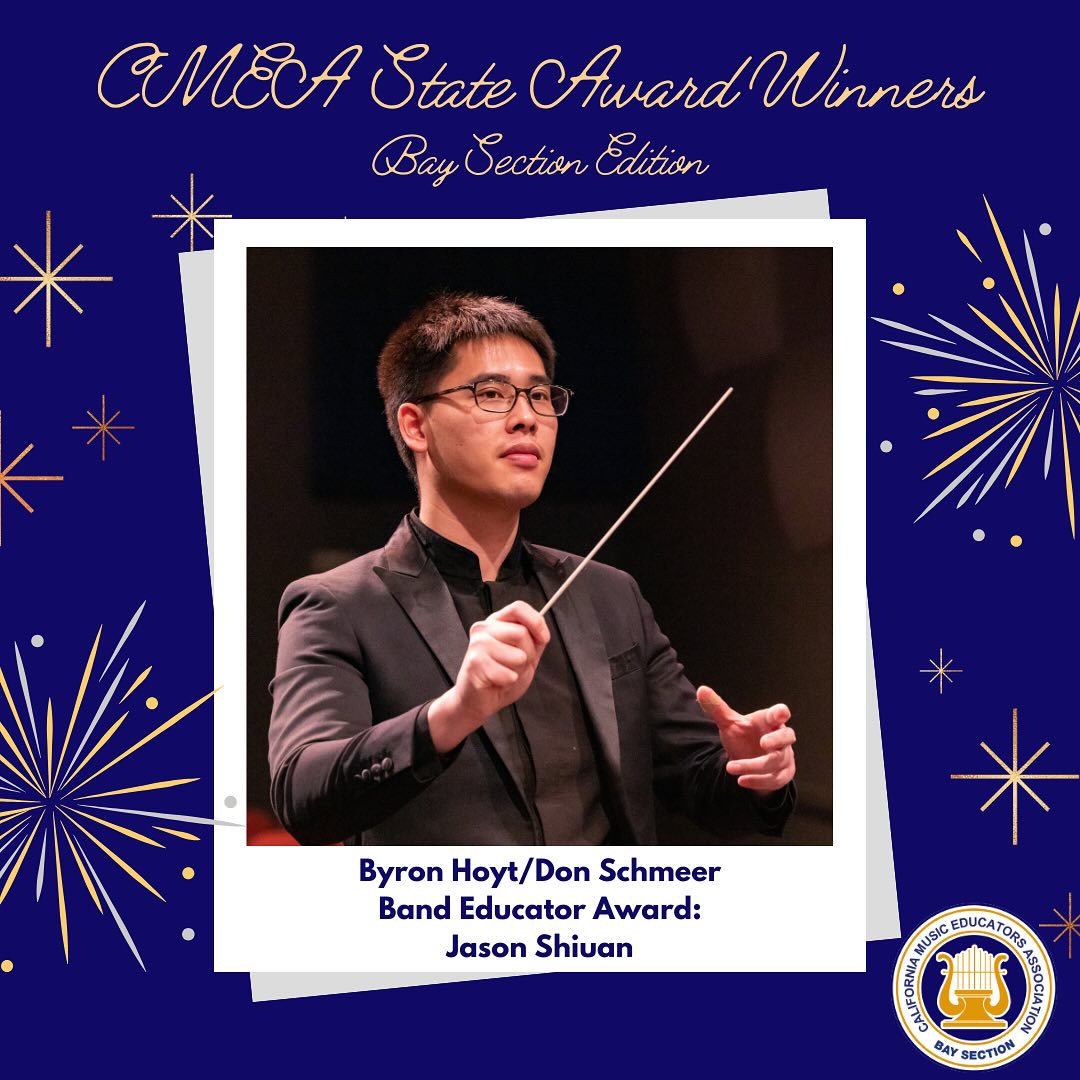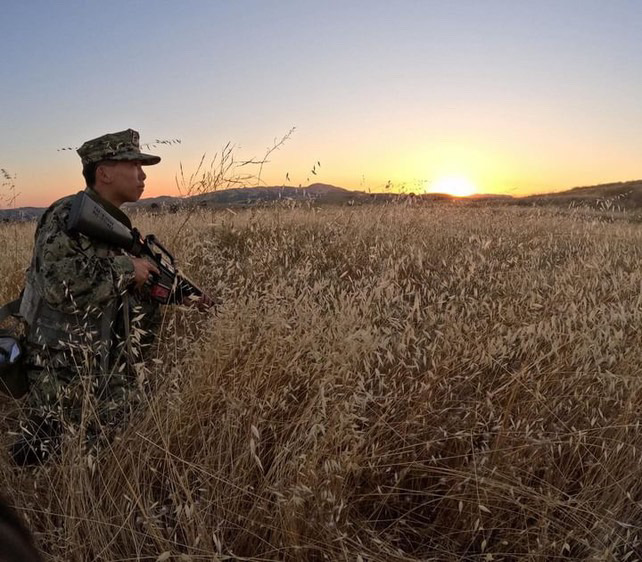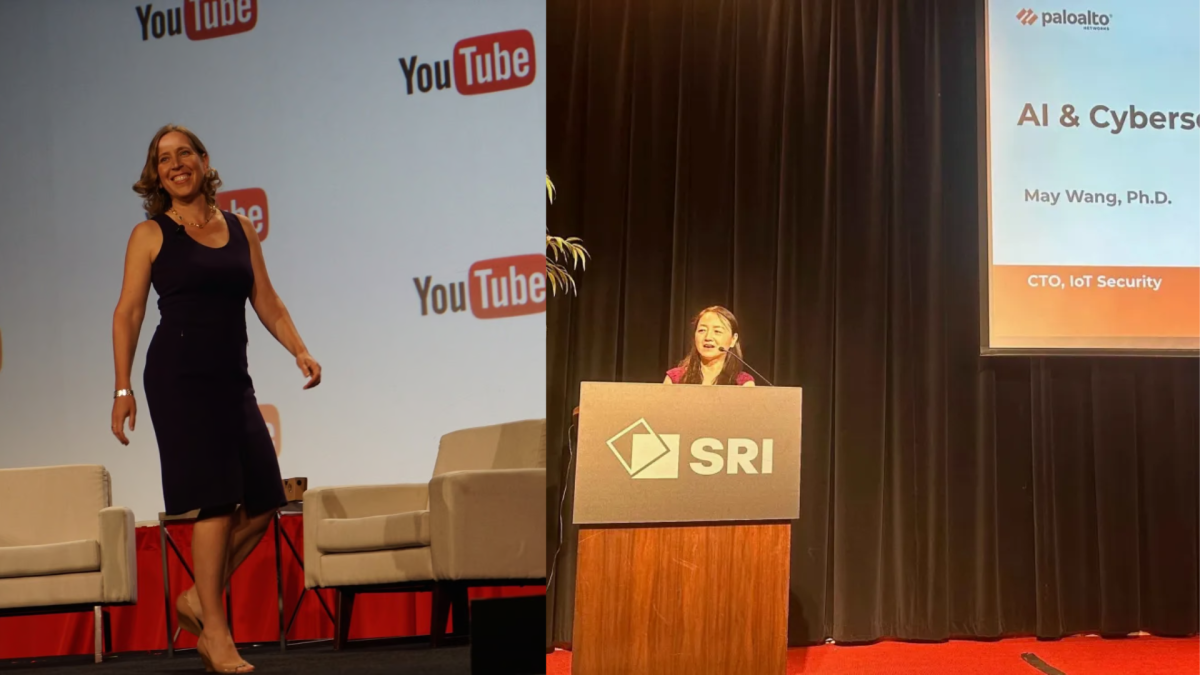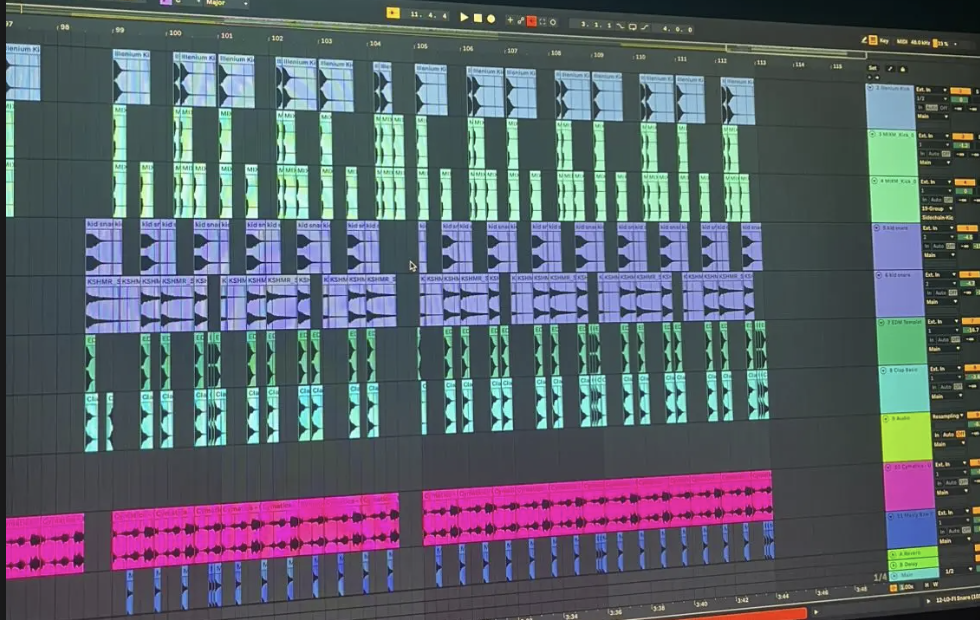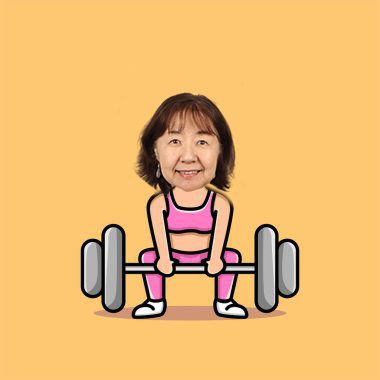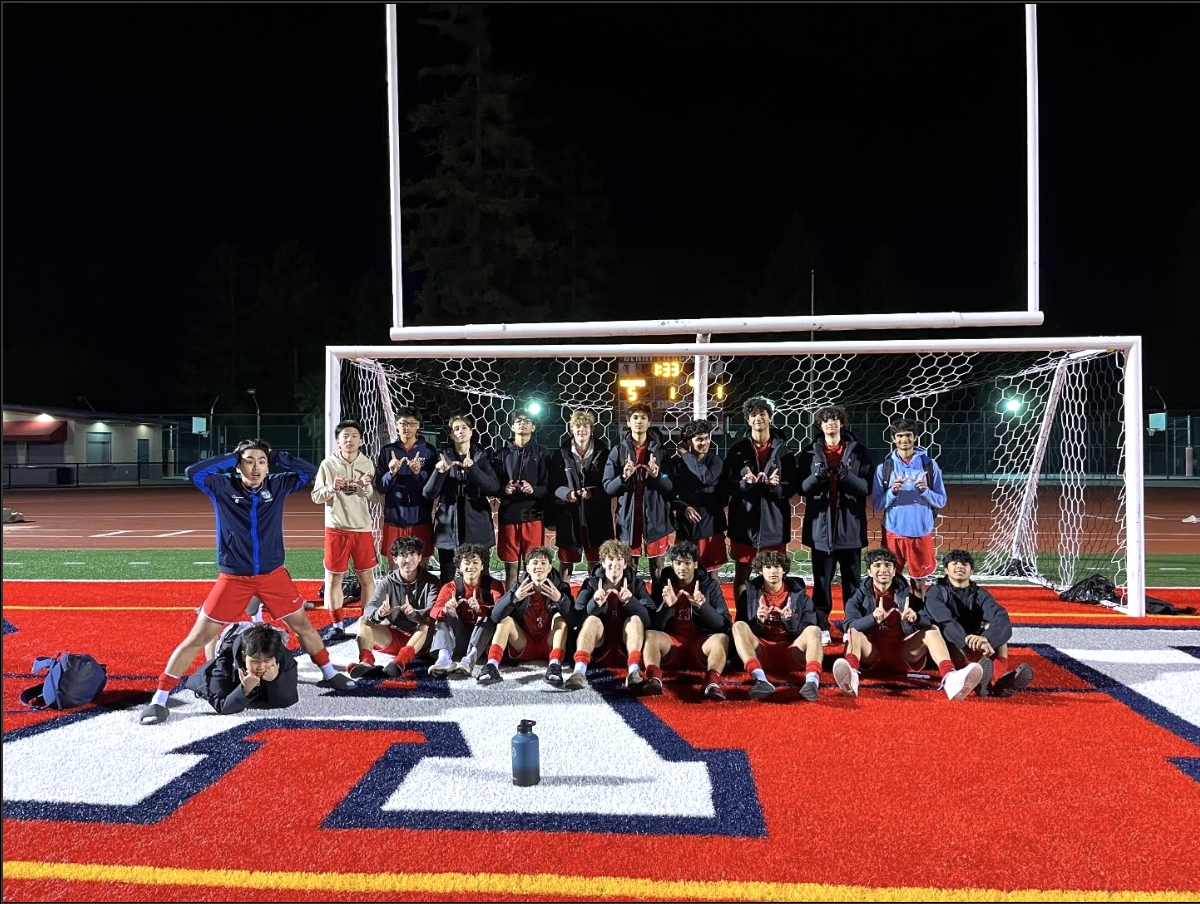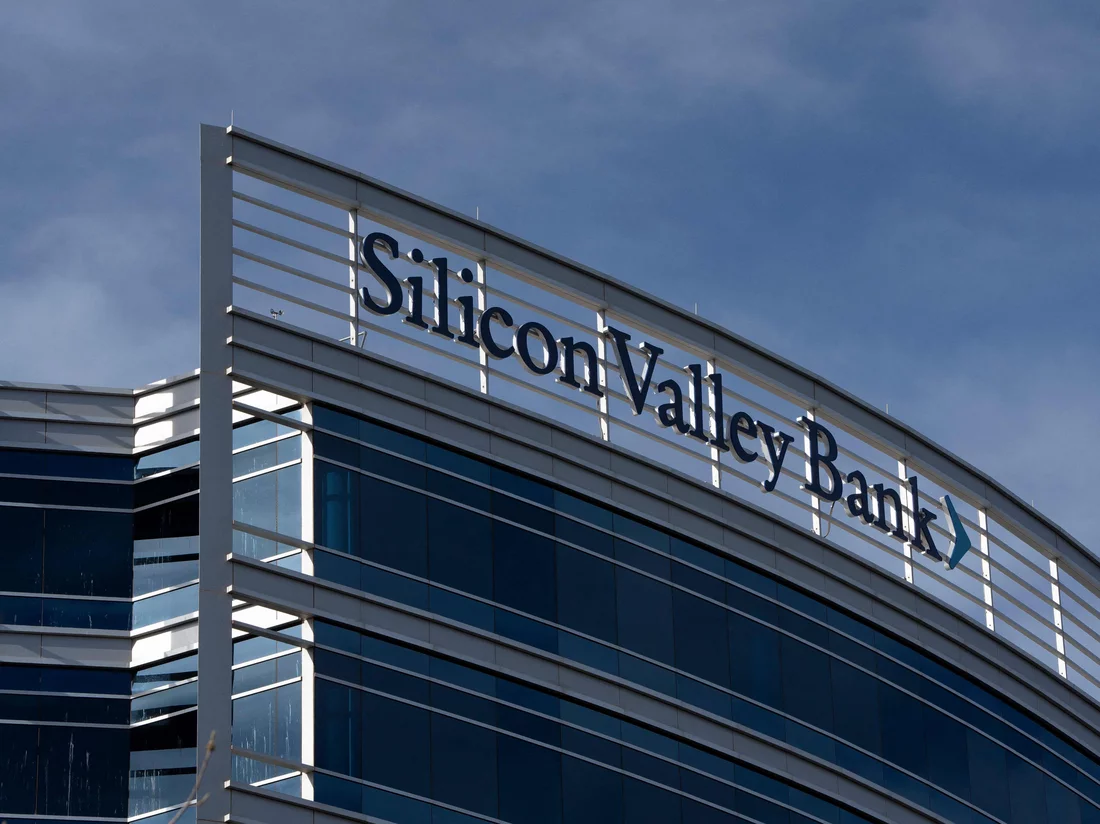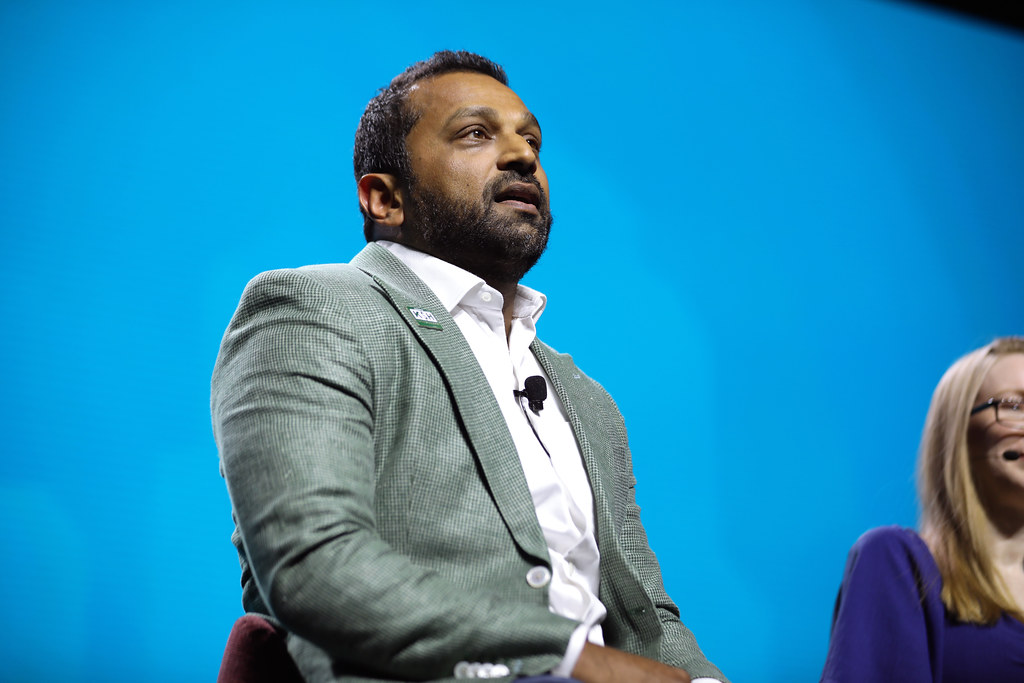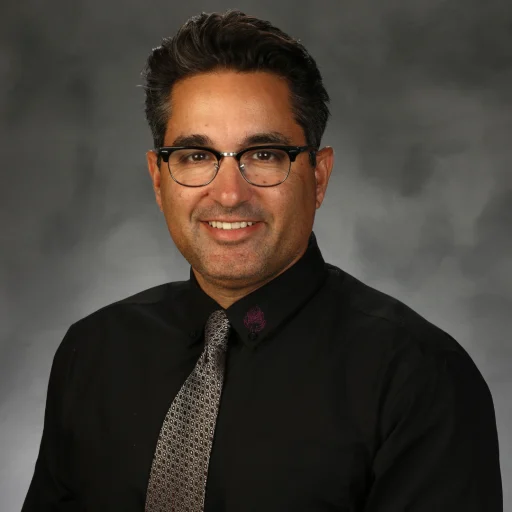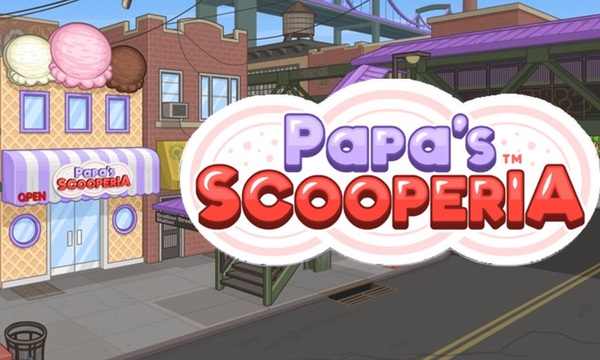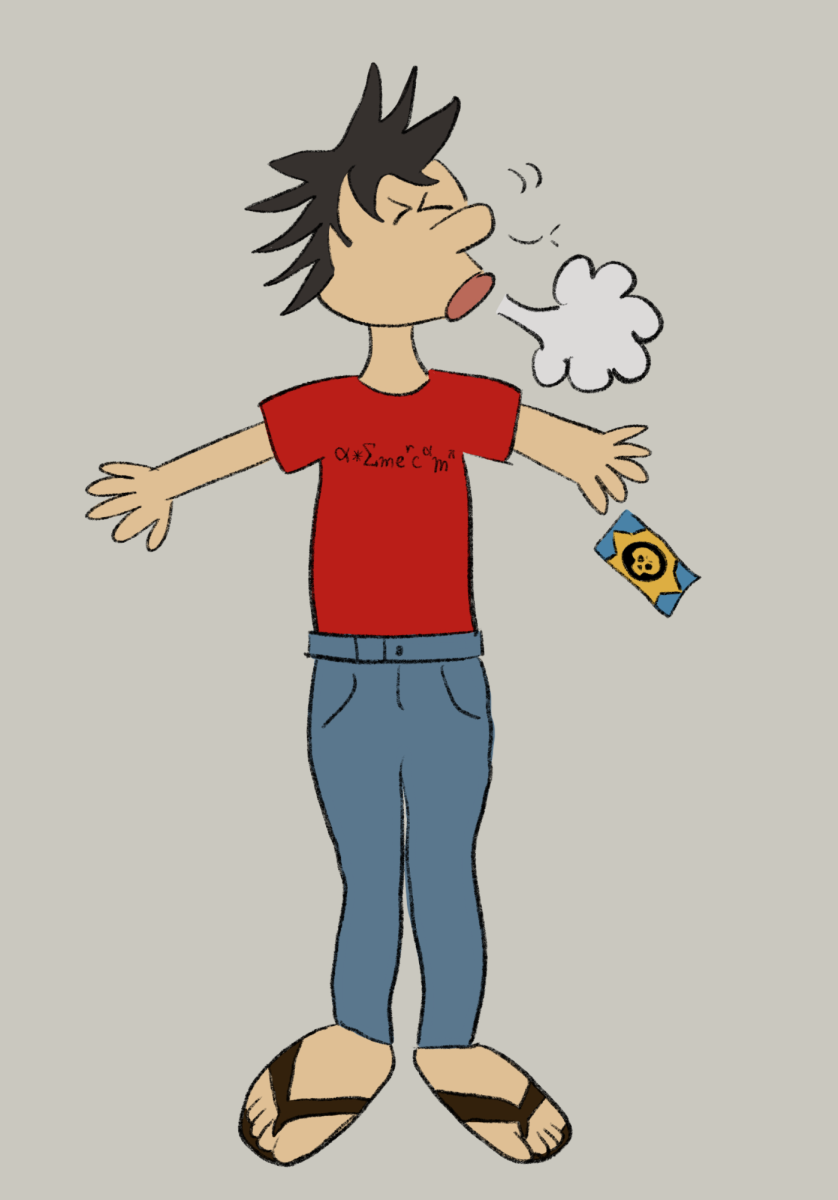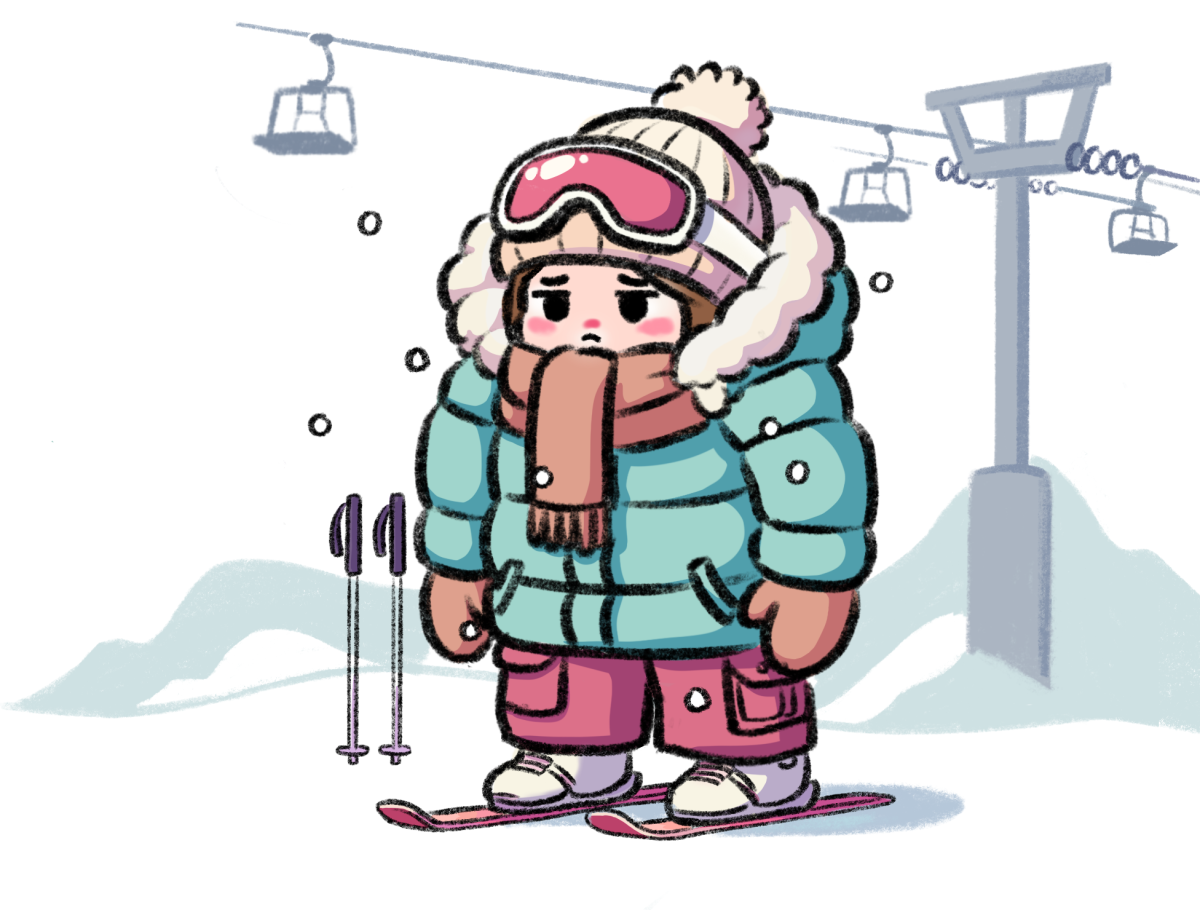Senior Alissa Zhang’s impressive science project on diabetes bought her a ticket to Washington, D.C., and a chance to interact with some of the most brilliant minds in science and technology today.
From the 39 other finalists in the Intel Science Talent Search, Zhang not only learned many technical skills regarding science, but also drew inspiration from her peers’ unique abilities. While being judged by scientists at the top of their fields, Zhang learned indispensable skills about how to communicate her ideas to others.
“I learned about the process of how to think about a problem and present [it] to other scientists and to the public,” Zhang said.
Zhang presented her project, which is about using less painful means for monitoring glucose levels in diabetes patients, such as using tears and urine instead of blood. During the first two days, the judges, asked contestants some general science questions such as “What are solar flares?” and “How does the kidney work?”
Zhang remembers the judges asking her about how the sound waves emitted when someone plays the piano travels from the key to your ear to your brain.
Rather than testing students on their own projects, these first two days of judging tested students’ problem solving skills.
“[Judges were] seeing how well you can think on your feet, how well you can communicate when you haven’t prepped in advance,” Zhang said.
On the third and final day of judging, Zhang was able to present her project and answer the judges’ specific questions about it. The judges were especially interested in the practical applications of Zhang’s ideas.
Even though the judges had high expectations and were slightly intimidating, Zhang wowed them, placing an impressive ninth place.
As a result, she won a $20,000 scholarship to the college of her choice.
Including commute, the D.C. trip started on March 7, when Zhang and other California students arrived, and ended on March 14. The first three days consisted of judging, and the fourth day consisted of sightseeing and interviews. On the last day of the event, students attended an award ceremony and gala and a meeting with none other than Barack Obama.
The meeting took place in an executive building near the White House. Zhang recalls Obama speaking about the importance of science and technology for the future of the U.S. and the importance of science and technology education. Obama also said that he encourages girls, including his own daughters, to get involved in science and technology, since these fields are often dominated by men. He congratulated the finalists on their work and said he was proud of them.
“We all took a picture with [Obama] and shook his hand,” Zhang said. “It was pretty amazing.”
Zhang was impressed by her peers’ projects, such as the first-place project on using less toxic ways to treat cancer and the second-place project on creating a small motor that runs on water surface tension.
“All the finalists were really talented in their unique ways, and they have a lot of interests outside of science and technology,” Zhang said. “Some were really good musicians or played sports.”
Zhang enjoyed talking to students who, like her, have an interest in math and science.
Currently, Zhang is contemplating different ways of expanding her project. One way is to practically apply her ideas to real patients through an internship. But for now, her experiences at the Intel Science Talent Search have already given her an enormous step toward reaching her goal.



